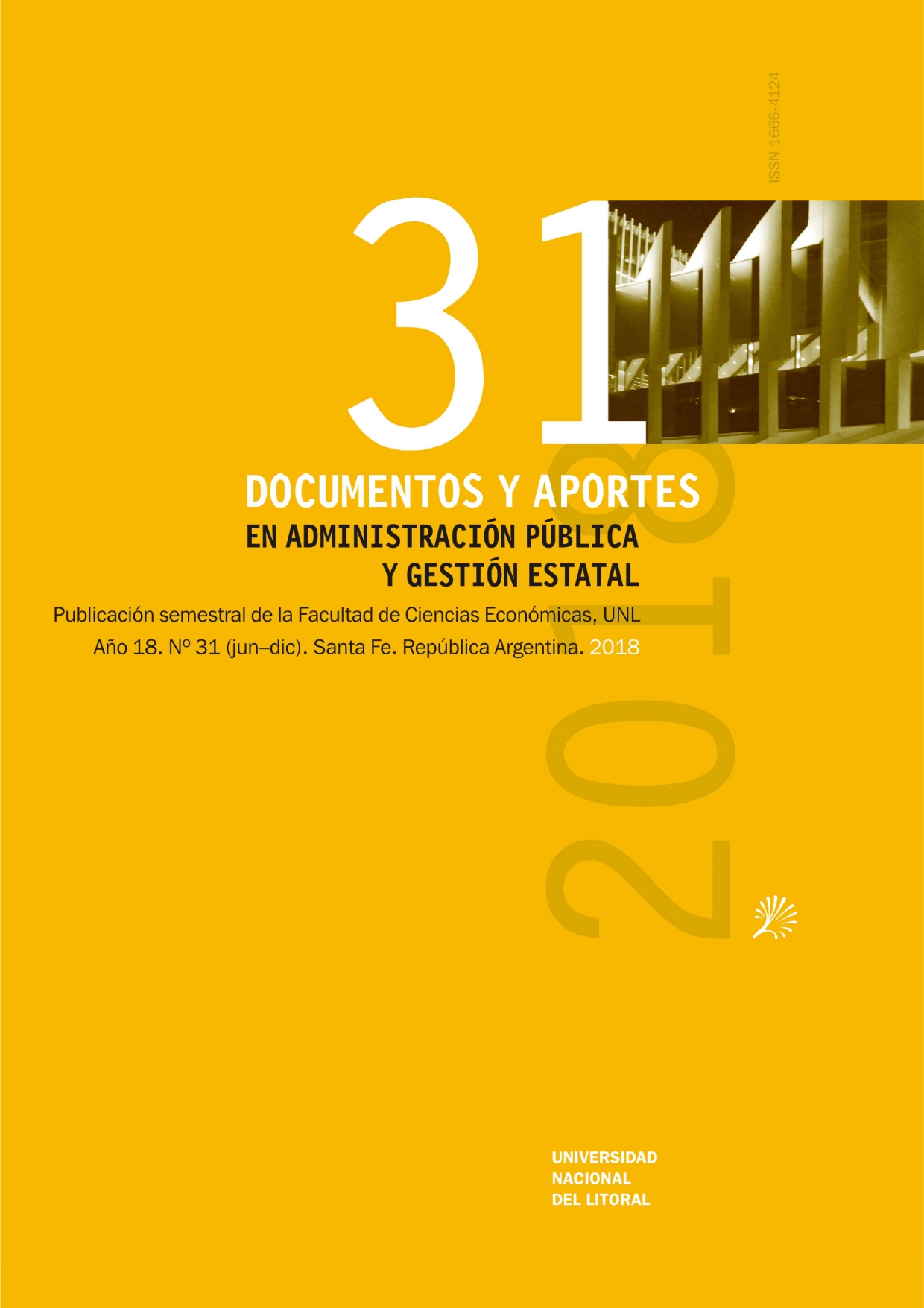Gobierno municipal y coordinación interjurisdiccional de políticas públicas: reflexiones teóricas desde el conurbano bonaerense
DOI:
https://doi.org/10.14409/daapge.v18i31.8448Keywords:
Municipal government, interjurisdictional coordination, public policies, Buenos AiresAbstract
In contexts of budget restriction and normative dependence, coordination with higher government levels is crucial for municipal governments to fulfill their administrative responsibilities. But under what conditions will municipal officials seek to coordinate —or not— with other jurisdictions? In answering this question, this article offers a series of theoretical reflections grounded in our research of municipal policy-making in the so called Conurbano Bonaerense. We contend that coordination cannot be taken for granted as a recurrent practice neither it can be derived from formal rules such as those that conform a federal system. We argue that the decision on whether to coordinate or not is taken under two operating assumptions: 1) municipal governments will always prefer to retain the autonomy to do and not to do; 2) the decision between coordinatingor retaining autonomy depends on a cost-benefit calculus prompted by two basic motivations: to claim credit and to avoid blame.







